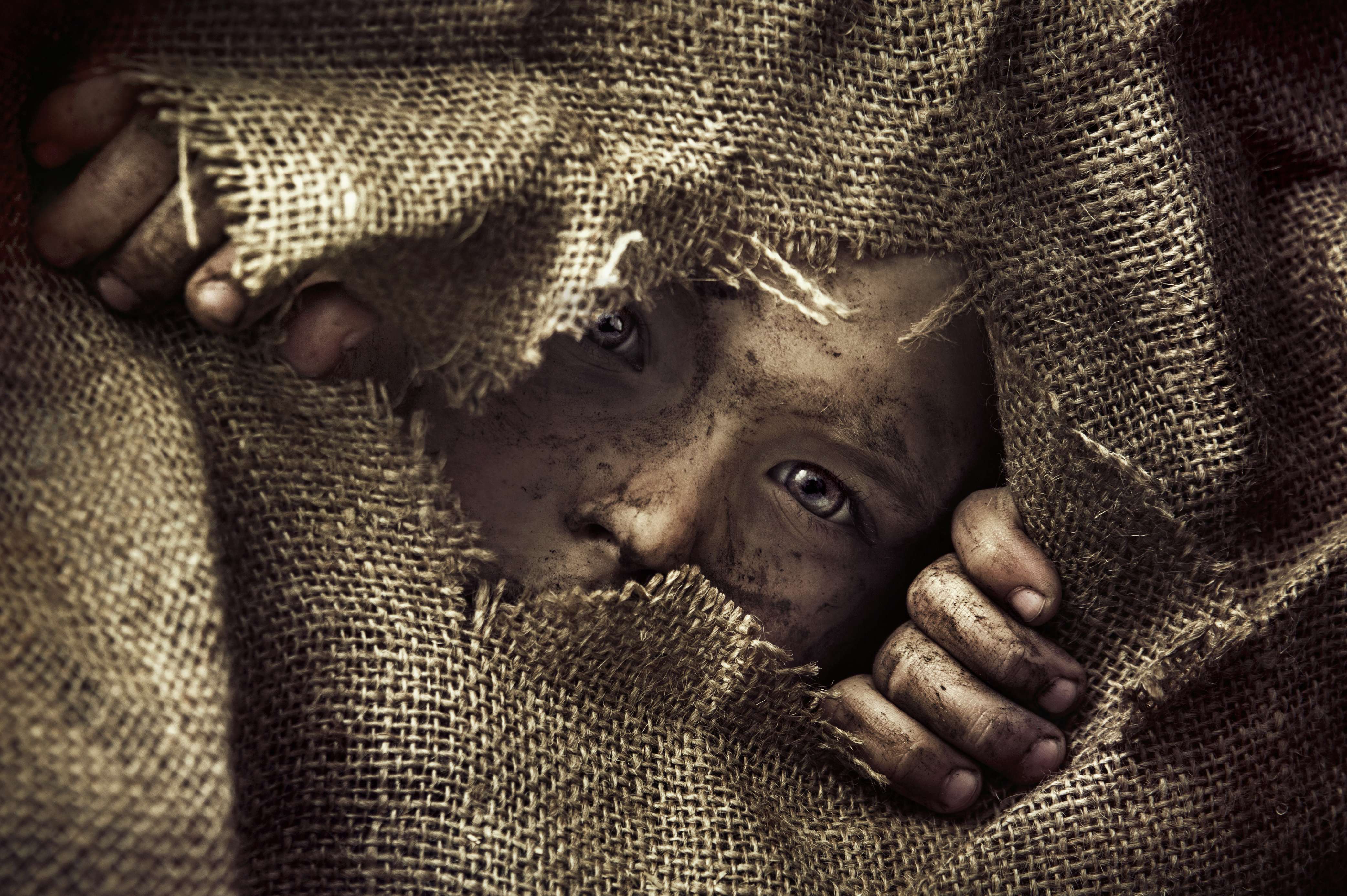Rich Will Survive Environmental Crisis While Poor Won’t Afford It, UN Report Claims
Tags: opinion

A recent UN report has warned that the world is on the brink of a global environmental crisis that will disproportionately affect the world’s poor.
Philip Alston, the UN Special Rapporteur on extreme poverty and human rights, warned that environmental destruction will continue to force people into situations where it is more difficult for them to survive. Alston predicted that many people will have to migrate in the coming years, which is not something that is easy for people in poverty to do, especially when considering the current immigration restrictions.
In the report, Alston has focused his attention on the climate, saying that a “climate apartheid” will further fragment the class structure throughout the world.
“What was once considered catastrophic warming now seems like a best-case scenario. We risk a ‘climate apartheid’ scenario where the wealthy pay to escape overheating, hunger, and conflict while the rest of the world is left to suffer,” Alston said, according to the Independent.
He pointed to cases of natural disasters, like 2012’s Hurricane Sandy, where the wealthy were able to weather the storm far better than the average New Yorker that was left without power or healthcare for days.
Meanwhile, “the Goldman Sachs headquarters was protected by tens of thousands of its own sandbags and power from its generator,” Alston says.
However, it is important to note that climate is only one piece of this puzzle, although the issue often dominates conversations about the environment. Climate is a very abstract topic that has numerous contributing factors. Humans have the ability to influence some of these factors, but not all of them, especially the sun. Meanwhile, the oceans continue to fill up with plastic and the planet continues to lose plants and animals that are vital to its ecosystem.
Another problem raised by Alston in his report is that the majority of the world’s pollution comes from the largest corporations and governments.
“While people in poverty are responsible for just a fraction of global emissions, they will bear the brunt of climate change, and have the least capacity to protect themselves,” Alston says.
Yet, the poor populations of the world will still be expected to pay carbon taxes to help clean the mess up.
Without a doubt, the Earth is suffering. The planet is ravaged with environmental disasters, loss of important ecosystems and species, and a population that seems increasingly ignorant to the impact it is having on the rock they call home. It is clear that humanity needs to reevaluate its relationship with the planet and all of its inhabitants.
IMAGE CREDIT: Konrad Bak
Leave Comment: